What is PCOS?
HiherbsOfficial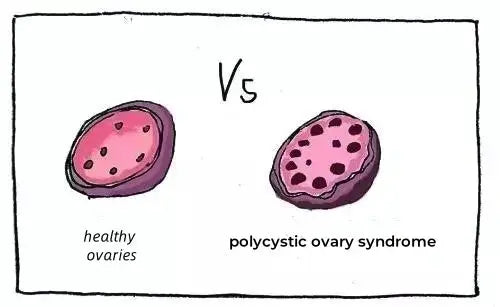
Share
Catalogs:
Polycystic Ovary Syndrome (PCOS), also known as Stein-Leventhal Syndrome, is the most common endocrine and metabolic disorder among women of reproductive age. Its cause may be related to both genetic and environmental factors. PCOS is characterized by abnormally high levels of androgens, persistent anovulation (lack of ovulation), and the presence of multiple cysts on the ovaries.
Video source: kofinasfertility.com
PCOS can affect women of all ages. In adolescence and reproductive years, the main symptoms include irregular menstruation, acne, hirsutism, and infertility. In middle-aged women, it can lead to diabetes, hyperlipidemia, and cardiovascular diseases.

The treatment for PCOS mainly involves symptomatic treatment, including lifestyle modifications and medication. Improving diet can help reduce weight, prevent weight gain, and maintain health while improving the quality of life. Medications are prescribed based on the clinical presentation of PCOS and may include drugs that regulate menstrual cycles, lower androgen levels, improve insulin resistance, and induce ovulation. For long-term infertility, doctors may recommend in vitro fertilization (IVF) - embryo transfer.
What Causes PCOS?
The exact cause of PCOS remains unclear, but it is believed to be the result of a combination of genetic and environmental factors.
Classification
PCOS can be classified into subtypes for more personalized treatment choices, according to international diagnostic standards:
- Type 1: Classic PCOS, characterized by ultrasound showing polycystic ovaries and clinical manifestations of high androgen levels and/or hyperandrogenemia.
- Type 2: Ultrasound showing polycystic ovaries and infrequent or absent ovulation.
- Type 3: NIH standard PCOS, with clinical signs of high androgens and/or hyperandrogenemia, and infrequent or absent ovulation.
-
Type 4: Combination of ultrasound showing polycystic ovaries, high androgens, and/or hyperandrogenemia, with infrequent ovulation or anovulation, also known as classic PCOS.
Clinical Symptoms of PCOS
PCOS can affect women at different ages:
In adolescent and reproductive-age women, symptoms mainly include irregular menstruation, acne, hirsutism, and infertility.
In middle-aged women, it may lead to diabetes, high blood lipids, and cardiovascular diseases.
-
Early Symptoms
PCOS is often associated with irregular menstruation, characterized by infrequent periods, light flow, or amenorrhea (absence of menstruation).
-
Typical Symptoms
Irregular Menstruation: Irregular periods are the most common symptom of PCOS. This includes infrequent periods (ranging from 35 days to 6 months), light flow, or even amenorrhea. Irregular bleeding patterns may also occur.
Hirsutism: Excessive hair growth, particularly on the face, chest, and abdomen, is a common sign of elevated androgen levels.
Acne: Overactive sebaceous glands lead to acne, with lesions appearing as pimples, papules, pustules, or cysts, typically on the face, forehead, and cheeks.
Female-pattern Hair Loss: Hair thinning occurs primarily on the top of the head without affecting the hairline.
Oily Skin: Excess androgen can increase oil production, leading to excessive oiliness on the face and scalp, as well as enlarged pores.
Obesity: Over 50% of PCOS patients are obese (BMI ≥ 25 kg/m²), with abdominal obesity being common (waist-to-hip ratio ≥ 0.80). Obesity is linked to insulin resistance and elevated androgen levels.
Acanthosis Nigricans: A skin condition showing dark patches in areas like the neck, armpits, and groin, indicative of severe insulin resistance.
-
Other Symptoms
Infertility: Women of reproductive age may experience infertility due to chronic anovulation (lack of ovulation).
Obstructive Sleep Apnea: Overweight patients may suffer from obstructive sleep apnea, often manifested by breathlessness and interrupted breathing during sleep.
Emotional Disorders: The incidence of emotional disorders such as depression and anxiety is higher in PCOS patients.
How to Treat PCOS
Due to the unclear cause and the varied clinical manifestations of PCOS, there is no definitive cure. The treatment mainly focuses on symptom management. Doctors will select treatments based on factors such as the patient's age, treatment needs, and clinical presentation to alleviate symptoms, address fertility issues, maintain health, and improve life quality.
-
General Treatment
Lifestyle modifications form the foundation of PCOS treatment. Most PCOS patients are overweight, so for overweight or obese patients, controlling diet, increasing exercise, and behavioral interventions can significantly improve health-related quality of life.
Diet Control: Limit calorie intake, choose low-sugar, high-fiber foods, and maintain healthy eating habits. Long-term adherence is necessary to prevent weight rebound.
Exercise: Regular, moderate exercise can help reduce weight and prevent further weight gain.
Behavioral Intervention: Behavioral interventions focus on changing unhealthy lifestyle habits (e.g., lack of exercise, alcohol or smoking) and improving psychological well-being.
-
Medication Treatment
Treatment is based on the clinical presentation of PCOS and may include medications to regulate the menstrual cycle, lower blood androgen levels, improve insulin resistance, and induce ovulation.
Regulating Menstrual Cycles: Abnormal menstruation is a common symptom of PCOS. Regular use of medications to counteract the effects of androgens and regulate menstrual cycles is important.
Short-Acting Combination Oral Contraceptives (COC): COCs are commonly used to regulate the menstrual cycle and are composed of synthetic estrogen (ethinyl estradiol) and progestin. These are especially suitable for patients who need contraception.
Progestins: Includes drugs such as dydrogesterone, micronized progesterone, and medroxyprogesterone acetate, often used for menstrual disorders in adolescents.
Corticosteroids: Suitable for patients with excessive androgen levels from adrenal glands. Dexamethasone is a commonly used drug.
Spironolactone: For patients with high androgen levels who cannot tolerate COCs or have contraindications to COCs.
Metformin: Suitable for patients with insulin resistance. The most common side effects are gastrointestinal issues (e.g., nausea, vomiting, abdominal pain, diarrhea).
-
Other Treatments
In Vitro Fertilization (IVF): For patients with infertility and ineffective medication treatment, IVF may be considered after consultation with a doctor.
Psychological Counseling: PCOS patients often face emotional issues due to hormone imbalances, infertility, and body changes. Psychological counseling can be essential for improving mental health.
-
Risks and Complications
PCOS can severely impact a patient's quality of life, fertility, and long-term health.
Cure: PCOS is not curable, as its exact cause remains unknown.
Hazards:
-
High androgen levels can cause hirsutism, acne, and hair loss, negatively affecting appearance.
-
Insulin resistance can lead to type 2 diabetes, obesity, and acanthosis nigricans, affecting health and appearance.
-
Due to high androgen levels, PCOS can lead to infertility.
-
Obese women with PCOS have a higher risk of miscarriage, and complications such as diabetes and hypertensive can arise during pregnancy.
-
PCOS can cause dyslipidemia, increasing the risk of atherosclerosis, coronary heart disease, and hypertension.
-
The imbalance of estrogen levels in PCOS, combined with the lack of progesterone’s counteracting effect, can increase the risk of endometrial cancer.

Endometrial Cancer
PCOS patients undergoing ovulation induction may experience a range of complications, such as miscarriage or preterm birth, gestational diabetes, or high blood pressure.
-
Diabetes: Insulin resistance and high insulin levels can lead to glucose intolerance or diabetes in PCOS patients.
-
Cardiovascular Disease: Dyslipidemia in PCOS increases the risk of atherosclerosis, leading to heart disease, hypertension, etc.
-
Cancer: Persistent anovulation and the lack of progesterone’s protection can increase the incidence of endometrial cancer.
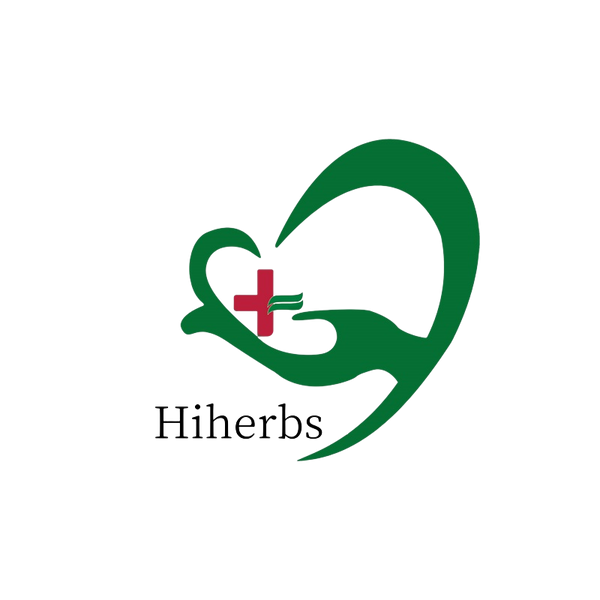

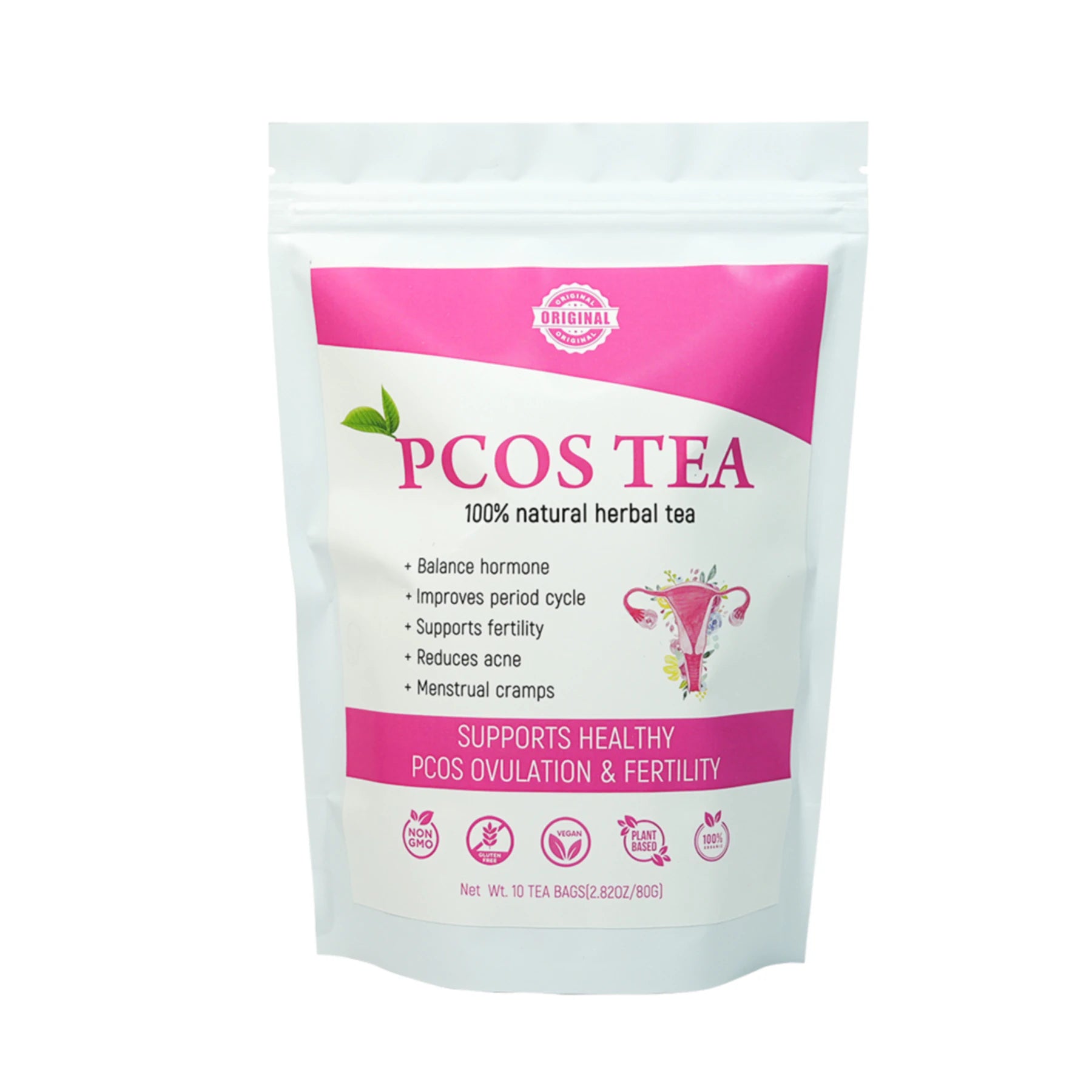
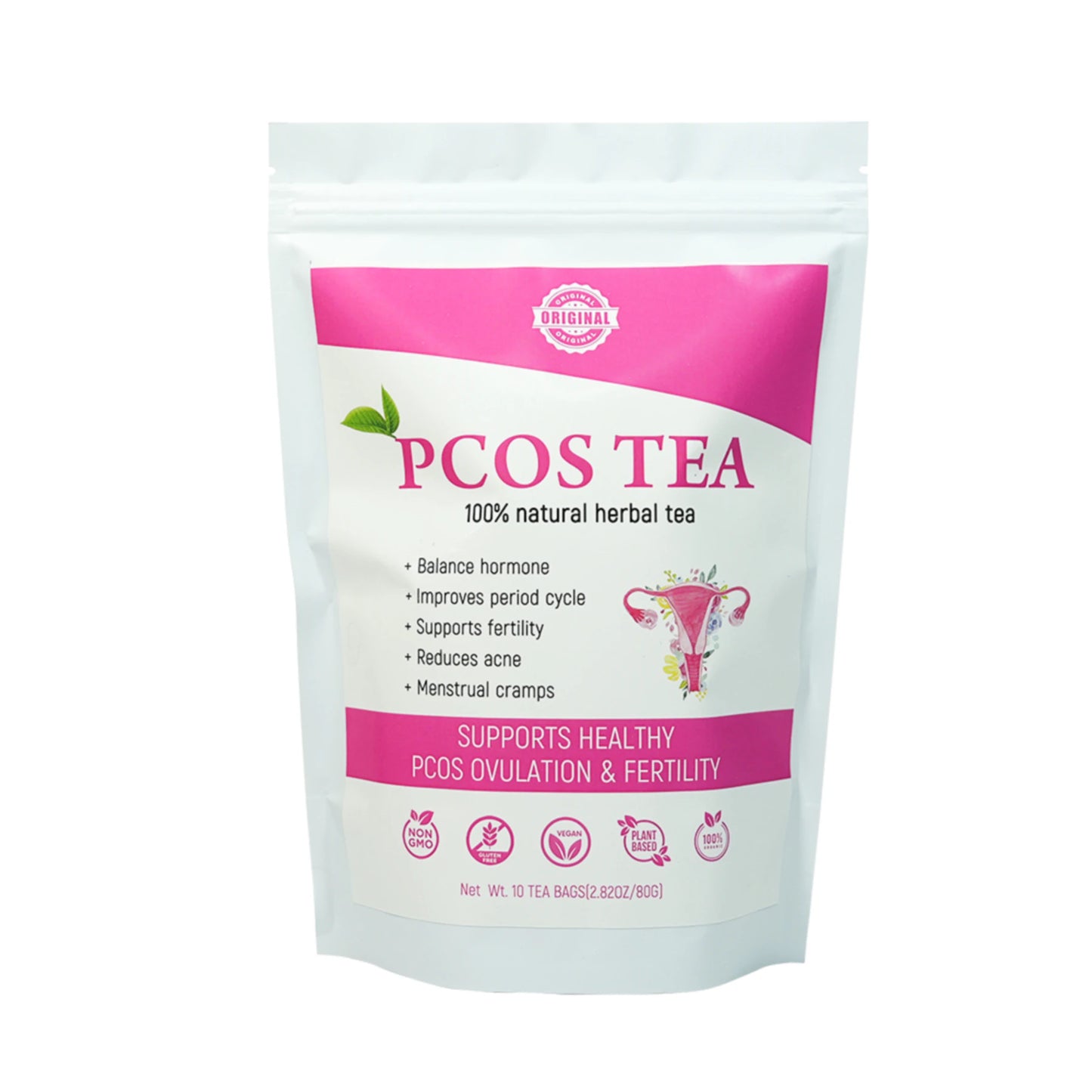


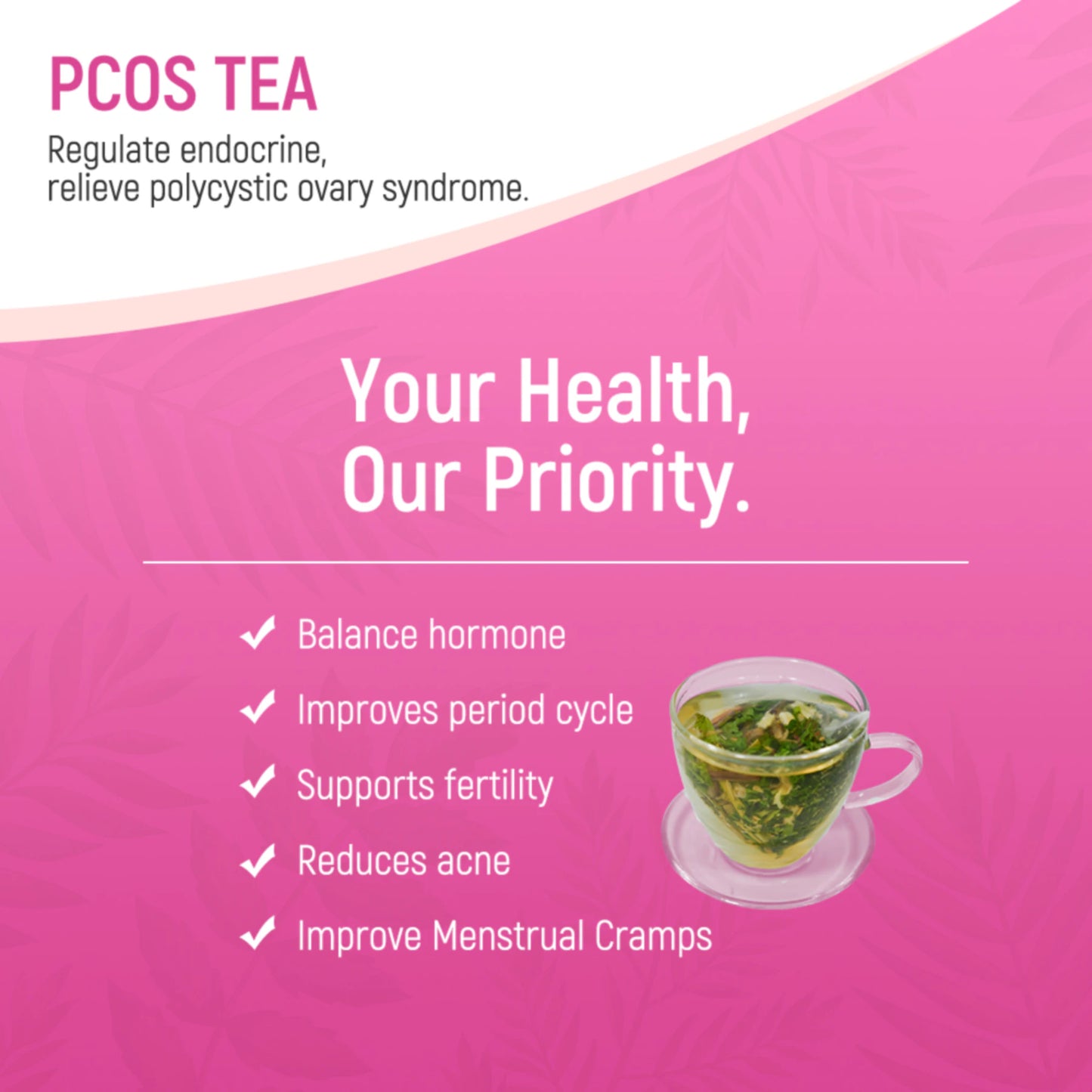
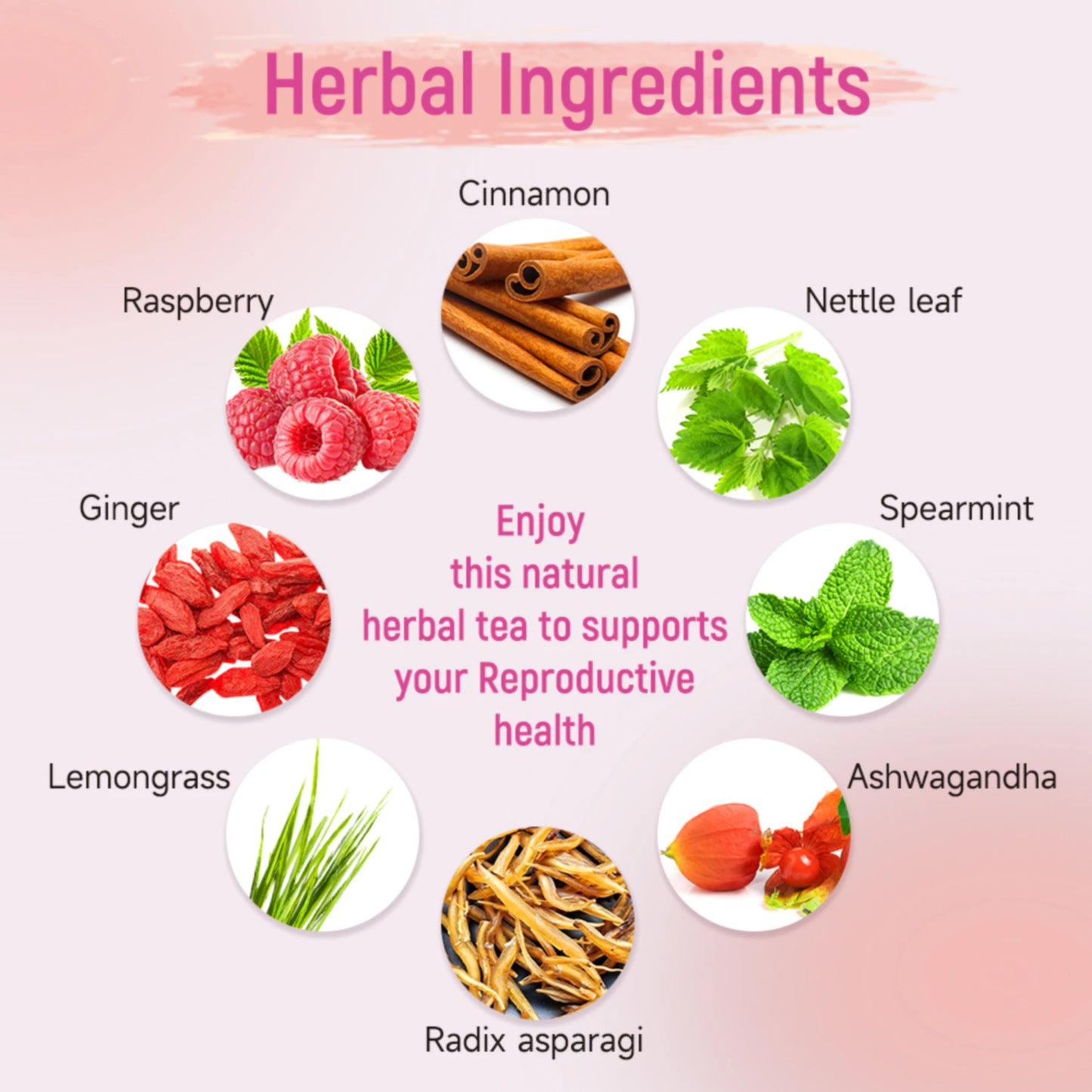
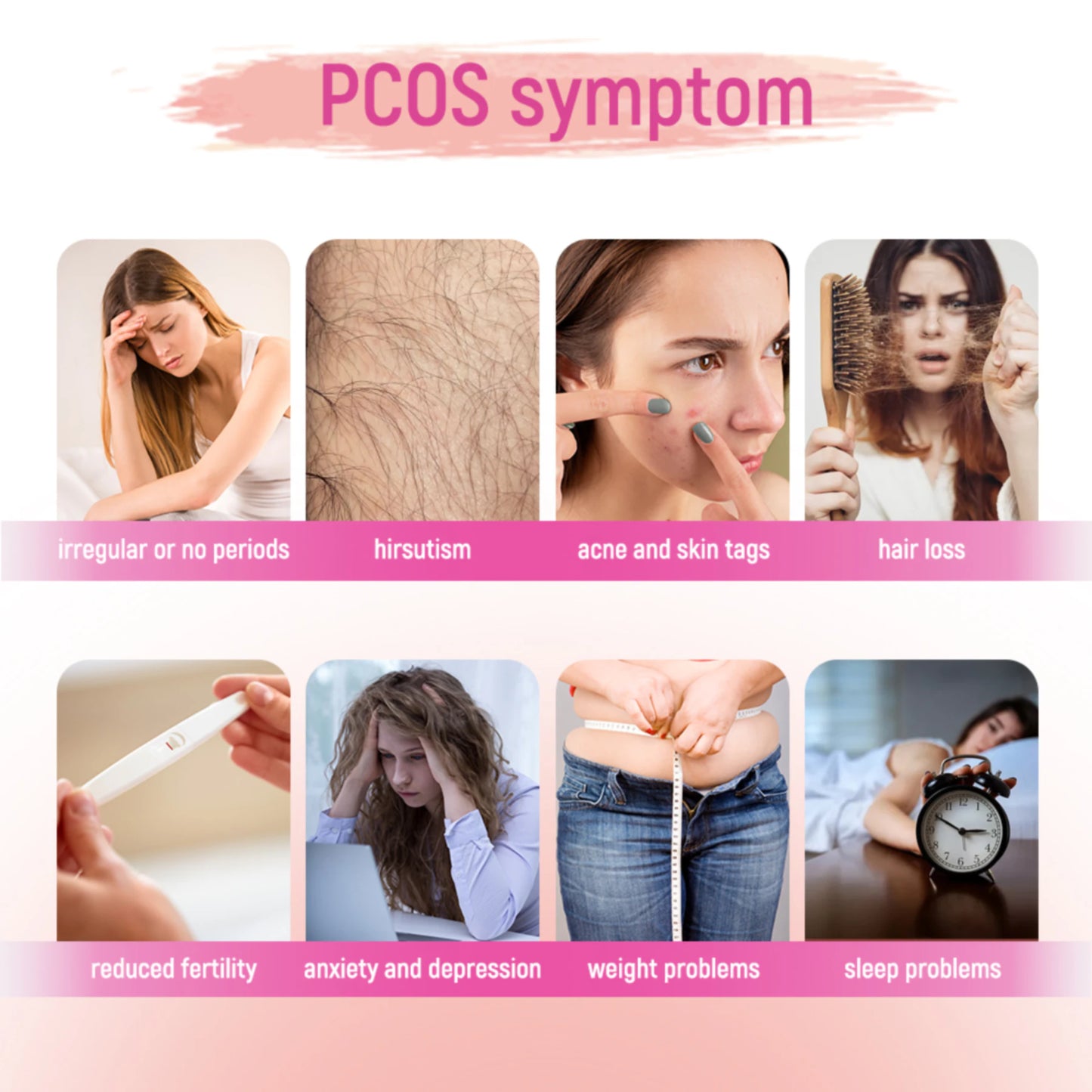



2 comments
Very detailed and very helpful to me.
Goods